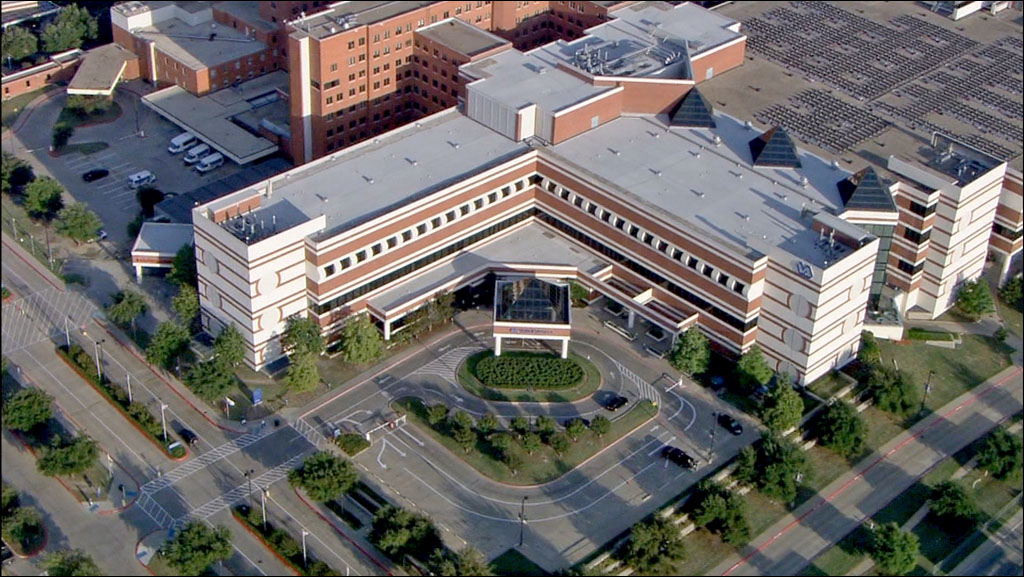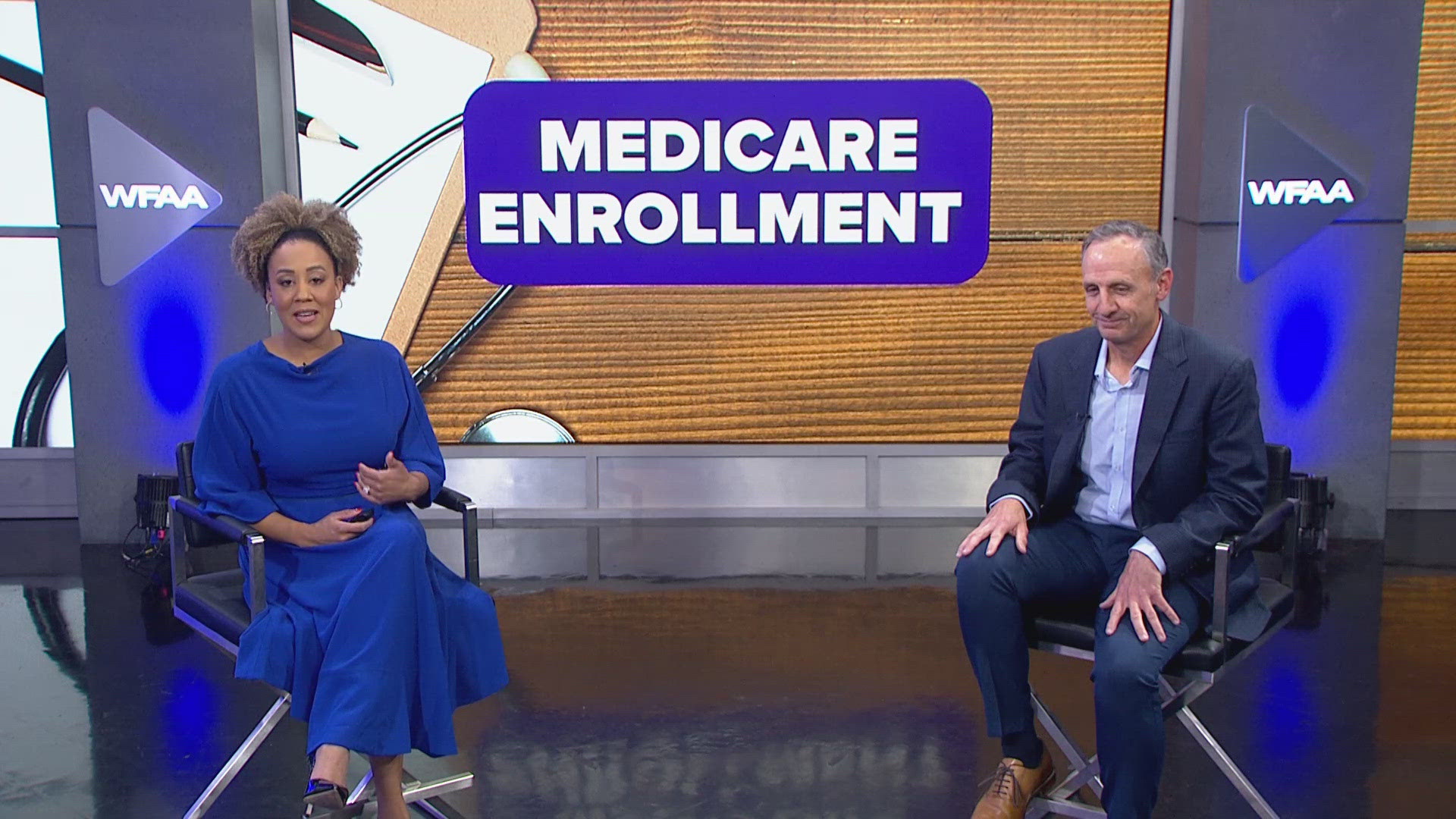DALLAS -- New patients at the Dallas Veterans Affairs Medical Center waited an average of 25 days for an appointment, according to wait time data obtained by USA TODAY.
Nationwide, the average wait for an appointment was 27 days.
Data obtained by USA TODAY shows more than 356,000 veterans sought out new medical care in the six months between October 1, 2013 and March 31, 2014. Of those, just two out of five saw a doctor within the target of 14 days.
Those numbers, already grim, may grow far worse as the investigation into doctored wait times at Veterans Affairs hospitals continues. The data includes figures at hospitals and health care centers that investigators say falsified their figures to make them appear far better than they actually are.
Jeffrey Milligan, director of VA North Texas Health Care System in Dallas, told News 8 in an interview last week that preliminary findings of a recent national audit so far found no intentional appointment manipulation. Auditors did, however, identify the need to re-train scheduling staff, which is ongoing, Dallas officials said.
'If we do identify someone who has intentionally manipulated wait times, we will immediately and decisively take action,' Milligan said. 'We take this very, very seriously.'
Milligan said that his staff will reach out to area veterans who have waited the longest for care and talk about making arrangements for them to see a doctor.
'We're going to say to them, 'If you would like to be seen sooner, we will find a way to either bring you in and see you here at the VA, or we will pay for you to be seen in the community,'' Milligan told News 8. 'So that's what we're going to be working very, very diligently on over the next three weeks.'
Click here to read the Dallas VA's full statement to News 8 Monday on the topic.
Among eight VA facilities in Texas, the longest wait is in Harlingen, at 33 days. Amarillo had the shortest average wait time among the Texas hospitals, about 14 days.
That's the target wait time defined by the VA. Few facilities around the country, however, meet that standard.
Nationally, the numbers show what hoards of veterans have complained about for years in Dallas and elsewhere, many are waiting weeks - sometimes months - for care. For example, in Nashville it takes more than two months for the average new patient to see a doctor. In Atlanta, Gainesville, Fla., and Portland, Ore., veterans are put on hold for more than 50 days.
Only 19 of the VA's 140 health care facilities reported average wait times within the administration's target range. Some in Richmond, Va., Columbia, S.C., and Hampton, Va. said fewer than 20 percent of new patients got in to see a doctor within that 14-day time frame.
The VA has confirmed that 42 facilities are under investigation for having falsified their wait records. It is unclear exactly which hospitals are being scrutinized, although investigators singled out some in a recent report.
According to an Office of Inspector General report, the Phoenix VA Health Care System showed patients waited 24 days in 2013, while in reality, the actual delay averaged nearly four months. In the first six months of 2014, Phoenix reported average wait times of 22 days, according to the data released Friday, indicating that officials continued to conceal prolonged waits at the facility.
Numbers from other hospitals reveal a two-tiered system of care. Hawaii's VA Pacific Islands Health Care System reported that 42 percent of its patients saw doctors within 14 days. But those who didn't get seen quickly were left to linger -- the average wait time for the rest was two-and-a-half months.
The Department of Veterans Affairs is continuing its nationwide audit to ensure a full understanding of VA's scheduling policy and continued integrity in managing patient access to care. ... There has been a systemic issue in reporting accurate wait times. VA has taken concrete steps to address this issue, like deleting wait times from any evaluation reports as a measure of success, initiating accountability for senior leadership, and elimination of performance awards for senior VHA leaders for Fiscal Year 2014.
Most importantly, VA is initiating a coordinated, system-wide initiative to accelerate care to Veterans, called the Accelerating Care Initiative. VA health care facilities are systematically reviewing clinic capacity in an effort to maximize our ability to provide Veterans medical appointments when, and in the manner they want them. Where VA cannot increase capacity, VA is increasing the use of care in the community through non-VA care.


